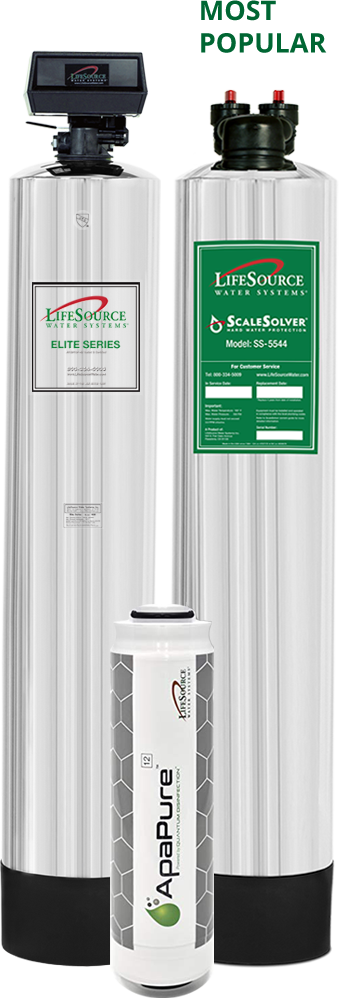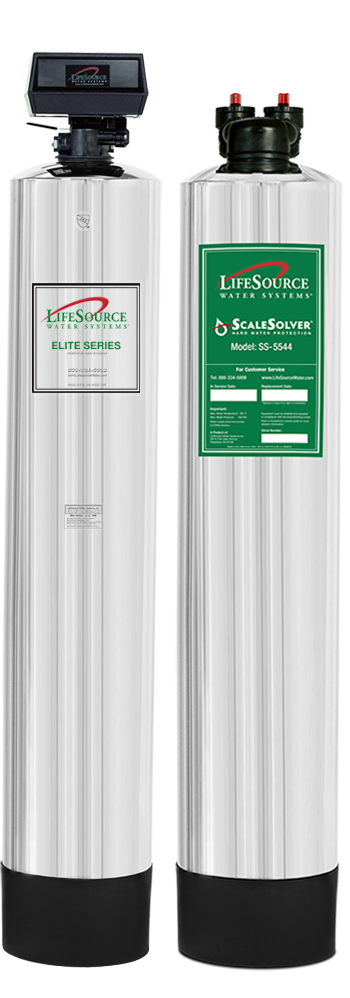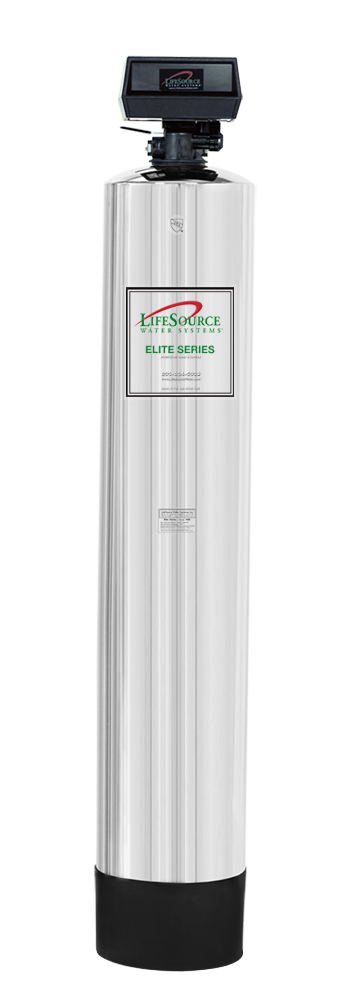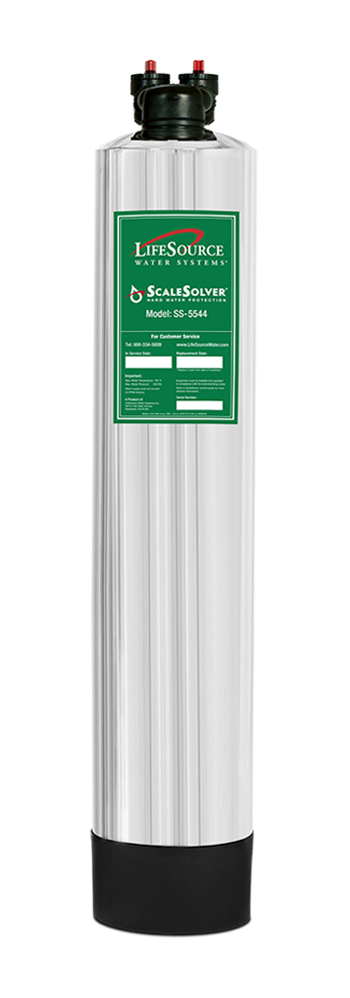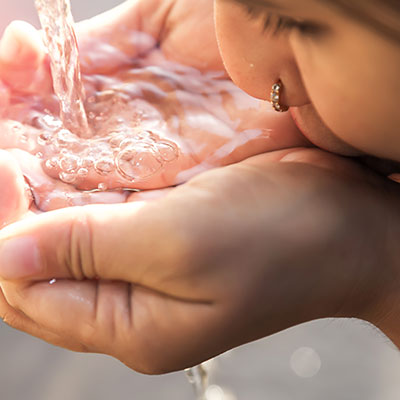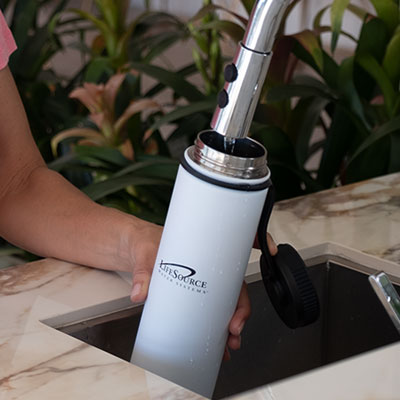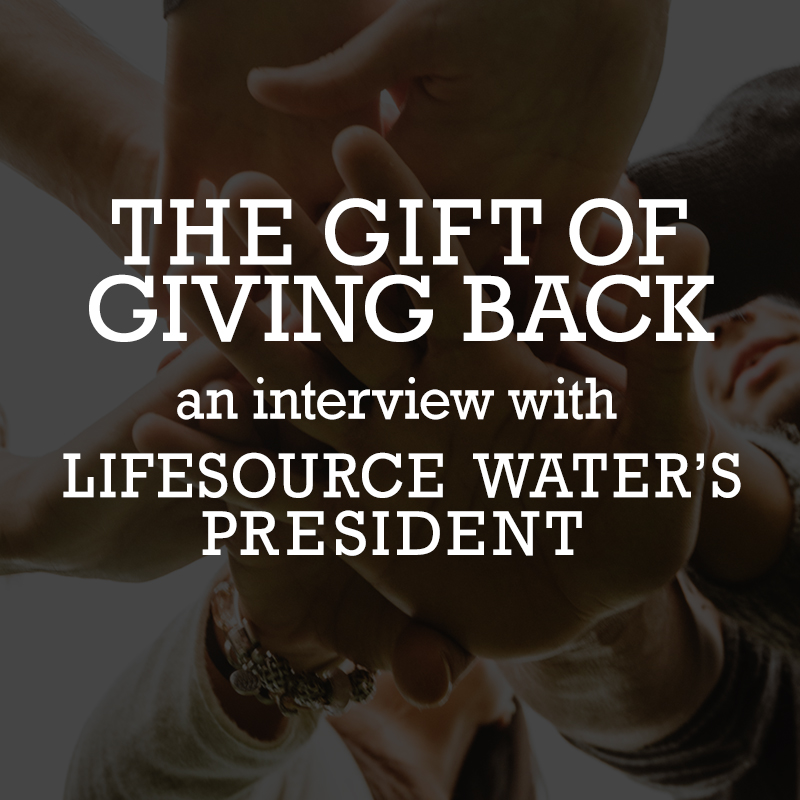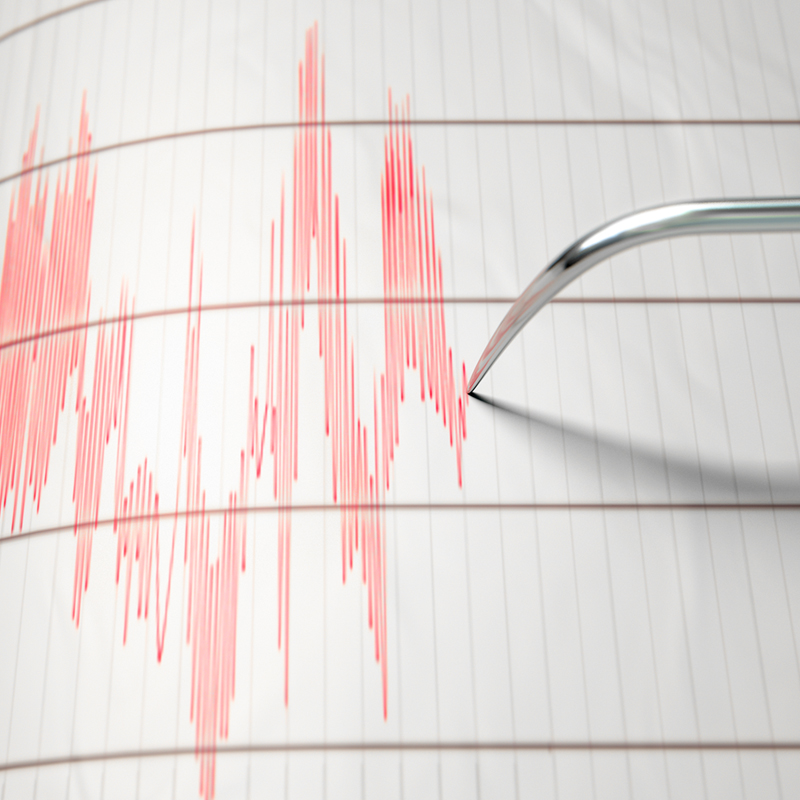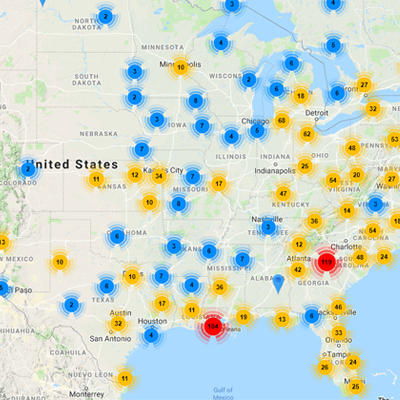
10 Ways to Honor World Water Day
What is World Water Day and how to celebrate
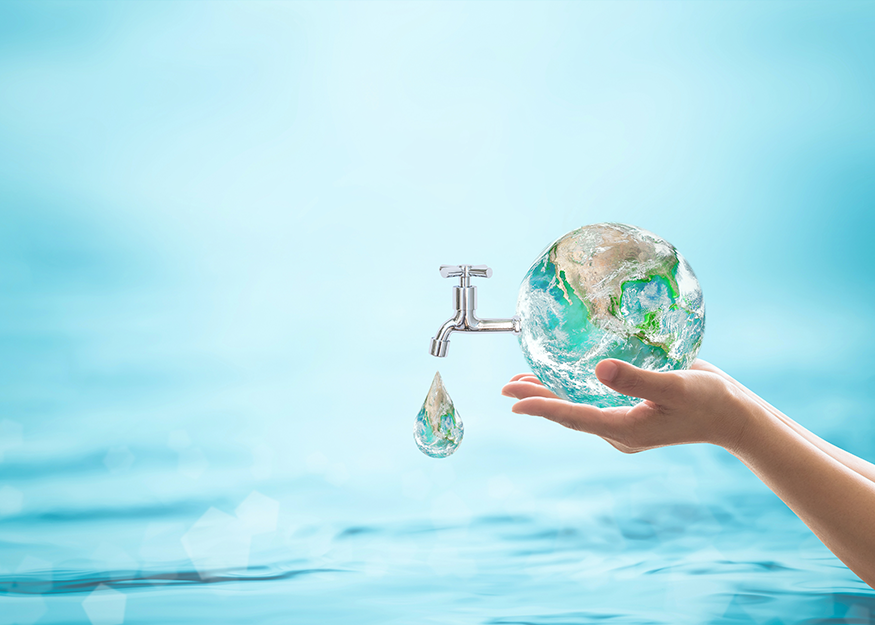
Since 1993, the United Nations has recognized March 22 as World Water Day to build global awareness of those who do not have access to clean water. Today, that counts about 1 in 10 people (water.org). Fortunately, access to clean water has increased within the past 10 years. However, 40% of the world still does not have access to this basic necessity. Achieving access to clean water, sanitation, and water conservation in developing countries will enrich child development, make education more accessible, and reduce water-related diseases—creating a more equitable future.
Every year, the UN chooses a theme for World Water Day, and this year the theme is groundwater. So, what is groundwater and why is it important? Groundwater gives us drinking water, fuels sanitation and industrial processes, and food production – making this natural resource vital to sustaining human life. From the farms that grow your produce to the shower in your home, groundwater is most likely the source of that clean water.
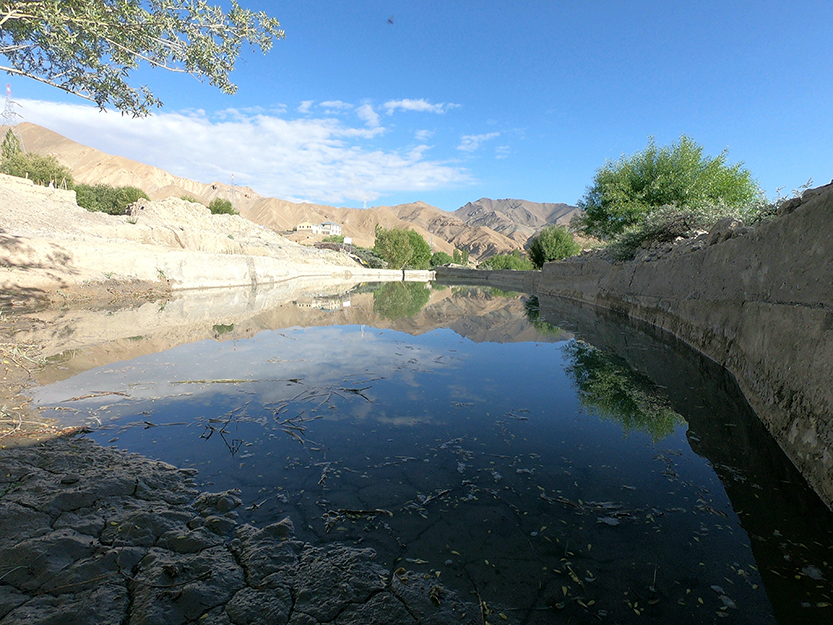
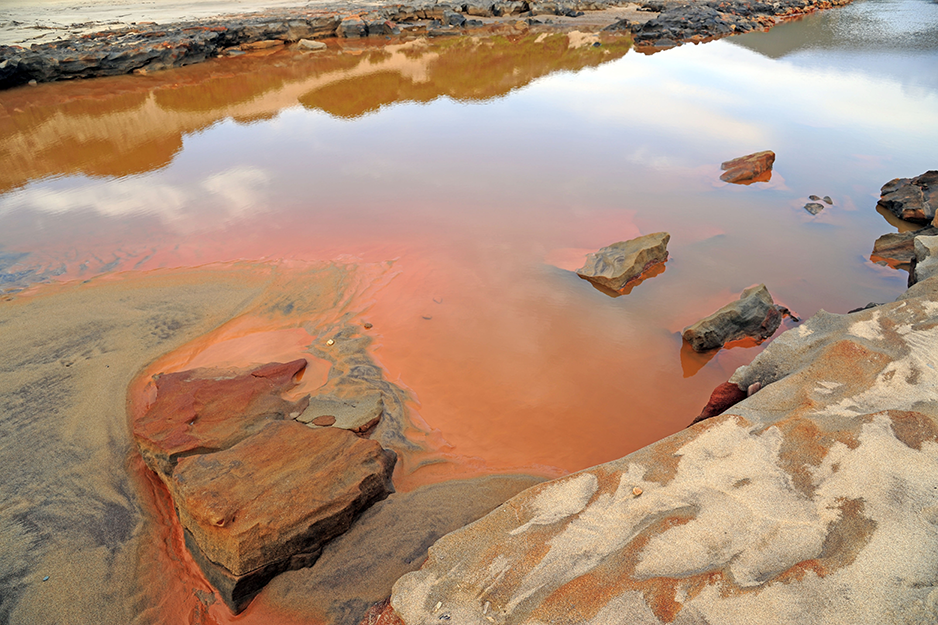
The Dilemma? Groundwater, which flows underground through rocks and sediment, makes up only 30 percent of freshwater in the world. The other 69 percent is frozen and less than 1 percent resides in rivers and lakes (UN Water). Currently, groundwater is in danger of being depleted due to pollution and overexploitation. Overexploitation of groundwater refers to more water being abstracted than is replenished by rain and snow. Wells, wetlands, and rivers all source much of their water from groundwater.
Even though addressing the water crisis is a global initiative, you can still do small things that will make a big difference. You don’t need to be like Bill Gates, who once used a steam engine to transform wastewater into potable water. Here’s how you and your family can participate in this global movement:
- Reduce waste. Go the entire day without using disposable cups.Donate to a local organization championing safe water. Visit Great Nonprofits and filter category by ‘water’ to find a charity near you.
- Get outside! Visit your nearest lake, ocean, or waterfall.
- When you have a full load of dirty dishes, opt for the dishwasher versus handwashing. With an Energy Star-rated dishwasher, the former uses only 3 gallons of water. Washing by hand uses on average 27 gallons.
- Pass on. Share this blog post on your favorite social platform to pass on what you learned.
- Be water-wise. Switch to a salt-free LifeSource Whole House Water System. Free of salt and chemicals, LifeSource water protects your plumbing and conserves water.


Engage in fun water-centered educational activities such as making rain inside your home.
Plan a lesson plan around clean water and local sanitation practices. Alternatively, see more teaching resources for all ages.
Read and discuss “A Long Walk to Water.”
Set up a lemonade stand and donate your proceeds to a local water-championing organization.
In addition, here are some water facts to add to your bubble of water knowledge:
1,740
The number of times you can refill a half-liter water bottle, which costs the same as a 99-cent water bottle.
1 billion
The number of glasses of tap water Americans typically drink in a day.
1652
The year that the first water pipes in the US were constructed—out of hollowed-out tree logs!
40%
The percentage of people in the world (3 billion people) who do not have water and soap in their homes (UNICEF).
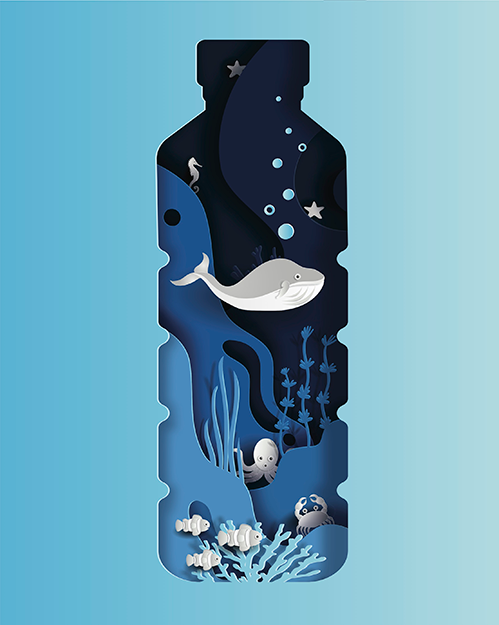
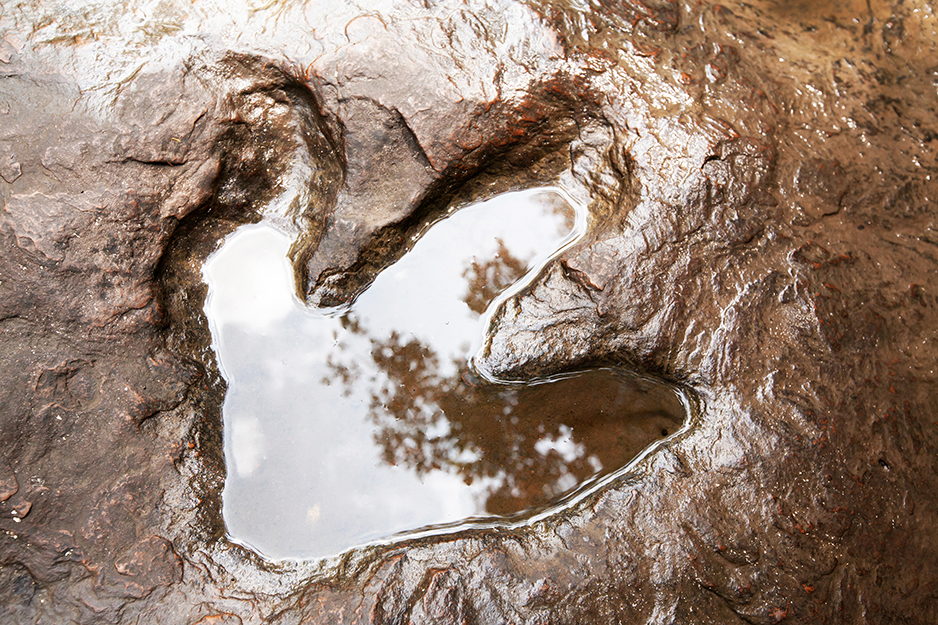
The water you drink today has likely existed since the age of dinosaurs. Yes, this water fact comes from National Geographic. Only a tiny fraction since then has been discharged into space. What has changed is the form that water takes as it travels through the water cycle. Because of how water circulates, the chances are high that the water you drink today is the same water that existed when dinosaurs claimed this earth as their stomping grounds.
How We Give Back
LifeSource Water understands the value of having access to clean water. That’s why we give to charities like Rainforest Flow that work to deliver clean drinking water and sanitation systems to indigenous communities living in rainforest ecosystems. Learn More.
Our Mission Is to Provide Clean Water for All Families
For 38 years, LifeSource Water has provided clean water from every tap to homes across North America. We are proud to make salt-free water systems that bring clean, great-tasting water to families for years to come. Learn more about our mission.
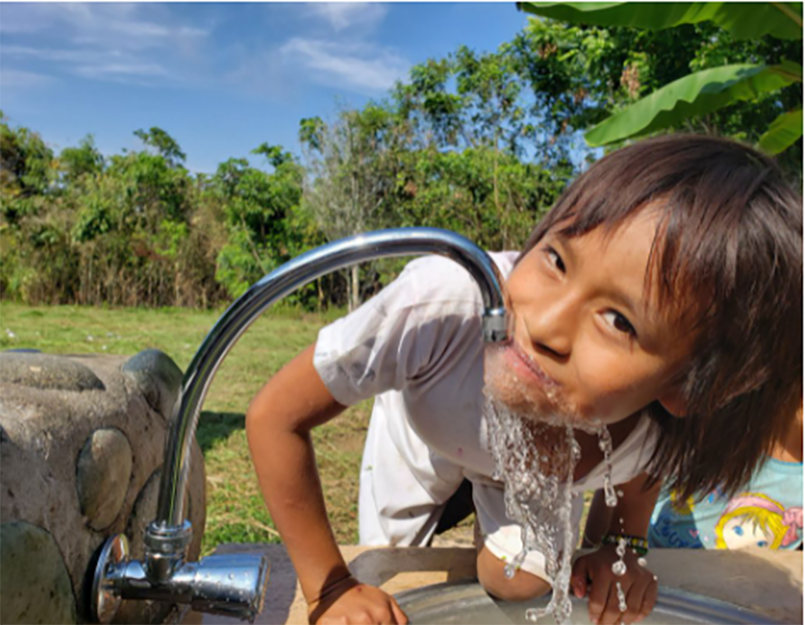
Share how you celebrate World Water Day and tag #WorldWaterDay to spread the message.

